Maps of Our Spectacular Bodies by Maddie Mortimer Review
| Pub Date | March 31, 2022 |
| Publisher | Picador |
| Page Count | 448 pages |
| Genre | Lit Fic, Contemporary, Adult |
| Goodreads Star Rating | 3.98 |
| My Star Rating | 4.1 |
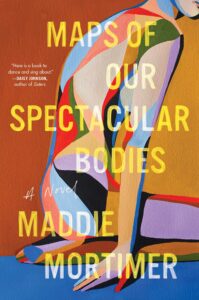
Maps of Our Spectacular Bodies Book Summary
Maps of Our Spectacular Bodies by Maddie Mortimer is a novel about a woman whose cancer returns, and so does her past. It’s a story about love in all of its forms, about growing up and growing old, about religion and faith, forgiveness, mothers and their daughters, and men who sail through their lives.
Maps of Our Spectacular Bodies Book Review
There is a full cast of characters in this book, and in most cases, they feel like real people. She succeeded in making them feel like real people, flaws and all, without leaning into the cliches of these types of books. Lia has cancer, sure, but she’s also not a saint, and there will be many moments where you won’t like her.
My favorite character would probably be Lia’s mother — the mother-daughter dynamic was so interesting, and I would have liked to see more of that. The husband feels fleshed out as well, though he wasn’t the most entertaining person in this book.
There are some characters from the past, like Lia’s father, and her old boyfriend Matthew. Now, a lot of this story is about Matthew (the Fossil). And I don’t quite see why. I understand that there was a need to go into Lia’s past to understand her present, but so much time was spent with Matthew that it was unnecessary.
And if he was fleshed out well, it would be fine — but Matthew had to bend and deform to suit the plot and the lesson Lia needed to learn at the time. He was the bad guy, but also not.
Cancer as a character
Finally, we arrive at what is probably my least favorite character in history — the cancer. In this book (fair warning), you get an entire POV of Lia’s cancer. This is probably one of the elements that drew me into this book, but it’s also one of the biggest reasons I didn’t like it.
It starts well enough. The cancer is creepy and ominous. But then it devolves into absurdity that is hard to read. And I don’t mean that it’s emotionally hard, but more that it doesn’t make any sense and doesn’t add anything to the story.
I get that it’s a thing that differentiates this novel from all others on the same topic, but it also weakens the story.
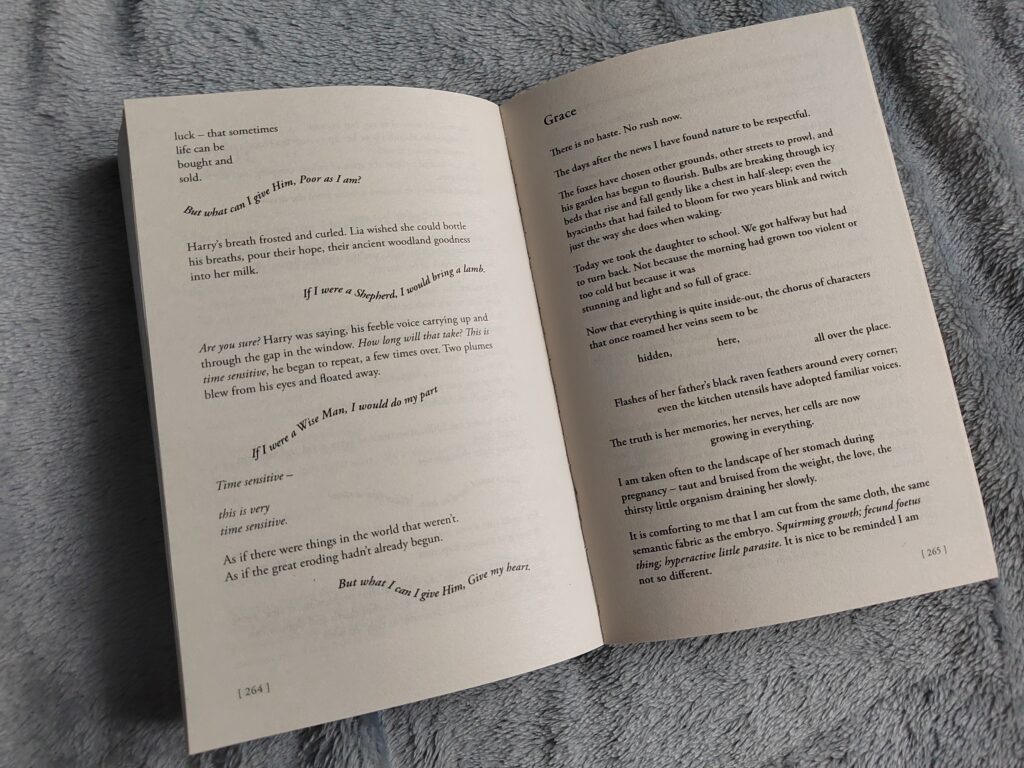
Writing Style
One thing you certainly can’t complain about is the writing. In a word, it’s sublime. Lyrical, but not sentimental. Immersive and genuine. You almost feel like you’re one of the people fighting for Lia’s life, not just an observer.
The points of view of human characters, whether past or present, are written in a regular, simple font. But the cancer chapters are written in bold font which slowly starts invading Lia’s chapters until it completely takes over. The cancer’s voice becomes Lia’s voice, the boundaries between the two break, and it’s a heartbreaking moment — this is also the point when cancer becomes more coherent and it adds something to the story.
Mortimer also experiments with typography, which is relatively new to me, and I didn’t mind it. It fits well into the story, especially with Lia’s interest in words and what they sound like.
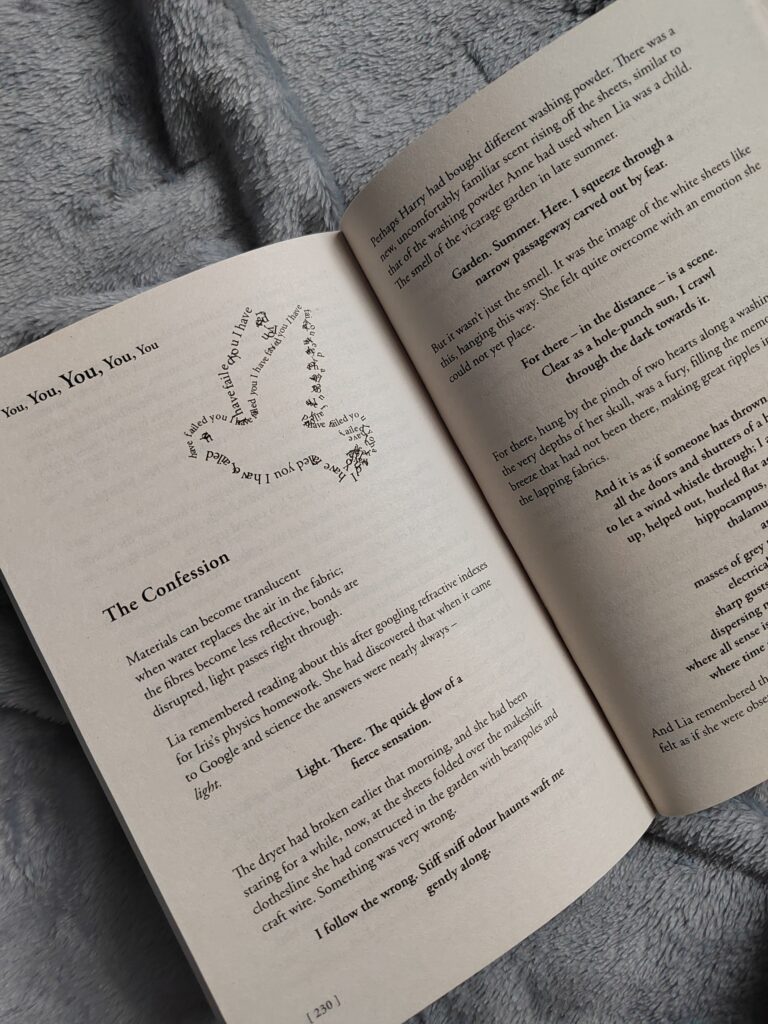
Plot and Pacing
Maps of Our Spectacular Bodies by Maddie Mortimer is a character-driven book so the plot takes a backseat, really. We follow Lia in the past and the present — her struggles as a young girl, her first loves and heartbreaks, and then her struggle with cancer, and efforts to be a good mother, wife, and daughter.
The past and present sections were interwoven in a way that wasn’t obtrusive. Something would happen in the present that would make Lia or one of the other characters think about the past, and the past situations usually mirrored or better explained the present.
It’s a slow-paced book, but addictive and gripping, so you won’t be bored at any point.
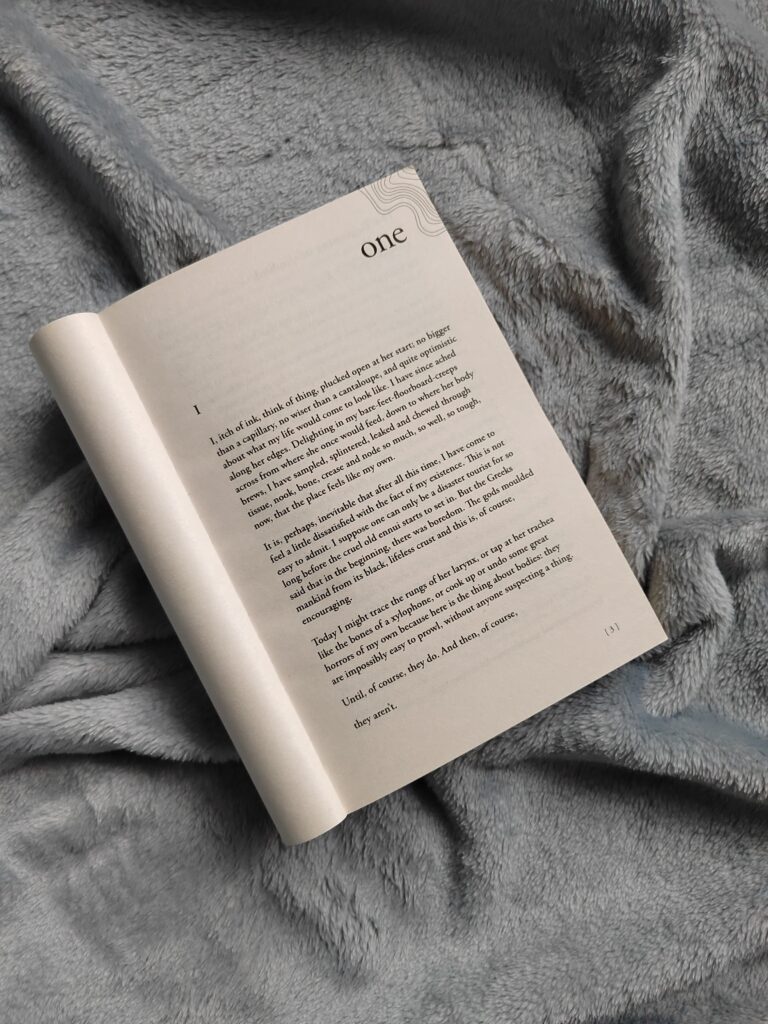
Highlights
- A deep exploration of grief, loss, and other themes
- Fantastic writing
- Great characters, especially Lia’s mother
- Past and present chapters interwoven wonderfully
Read Maps of Our Spectacular Bodies if you like…
- Deep themes of love, loss, grief, and more
- Understanding a character fully
- Mother-daughter relationships
- Experimental typography
- Sad books that also feel like healing
Avoid Maps of Our Spectacular Bodies if you don’t like…
- Books about cancer
- Sad stories
- Very abstract writing (at times)
- More vibes than plot
And here are a few more things you should know before you get into Maps of Our Spectacular Bodies:
- This book is written in various POVs and from various perspectives
- It has experimental typography (see pictures above) which may prove difficult to read for people with learning disabilities
- Trigger warnings for cancer, death, abusive relationships, drinking, sexual assault, bullying, explicit sexual scenes, cheating (allowed by main character), very gory descriptions of bodies and all that goes on inside them, and more
Books Like Maps of Our Spectacular Bodies by Maddie Mortimer
1. Lanny by Max Porter
If you’re looking to read more books with experimental typography and exploration of grief, I recommend Lanny by Max Porter. Any book by Max Porter, really, but this one in particular. It’s magic realism and not specifically about cancer but it’s beautiful and haunting. I’d also recommend his Grief is a Thing With Feathers which deals with death more specifically, as well as grief and loss.
2. When Breath Becomes Air by Paul Kalanithi
This book is non-fiction and it’s written by a 36-year-old neurosurgeon who is on the verge of completing his training when he gets diagnosed with stage IV lung cancer. Suddenly, he’s transformed from a person saving other people’s lives into a patient, and his bright future with his wife and young child is disappearing. The author of this book died while working on it, so it’s finished by his wife. But it’s a beautiful, life-affirming exploration of grief and death, mortality and so much more.

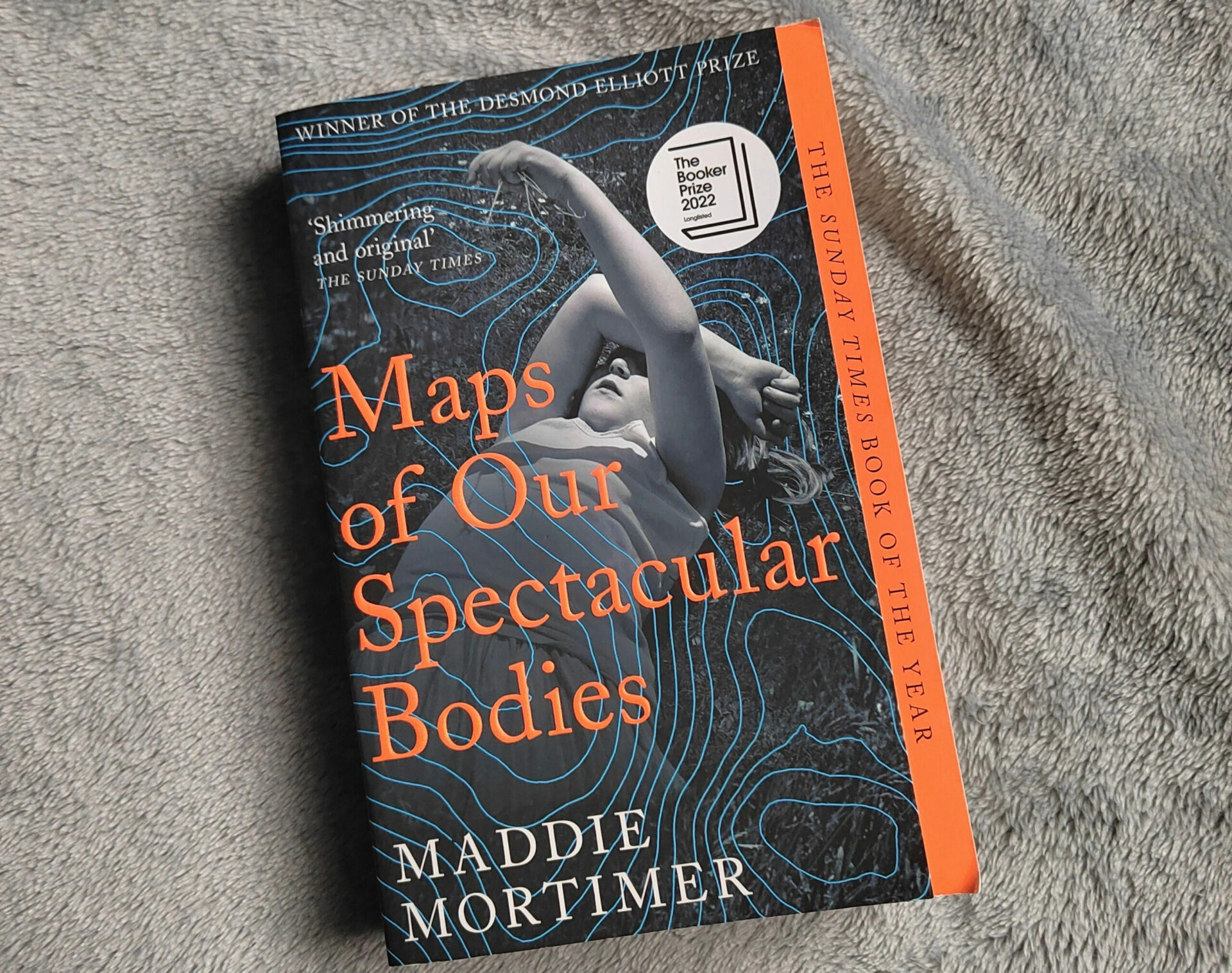






2 Comments